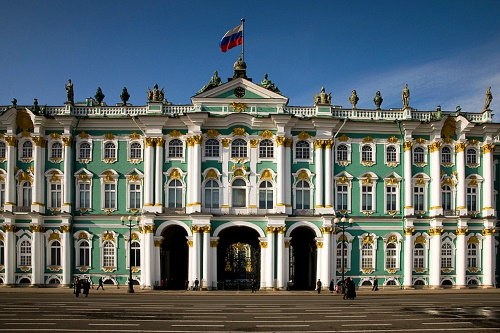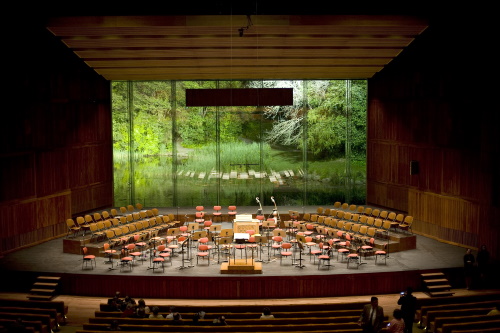 |
| Photo: Nuno Ribeiro |
From 10 to 12 May, I participated in the meeting 40 Years of Theatre: How theatre has developed in the last 40 years in Portugal, celebrating the anniversary of Teatro Art’Imagem. On the first day, we attended the play “Ai o Medo Que (Nós) Temos de Existir”, the company’s 117th creation. In the following days, we had the opportunity to reflect on four themes:
Panel 1: Theatre and Intervention
with
Sara Barros Leitão, José Leitão, Rita Alves Miranda and José Soeiro
Panel 2: Theatre: Praxis and the Academia
with Fernando Matos Oliveira
(University of Coimbra), António Capelo (ACE), Manuela Bronze (ESMAE),
Francesca Rayner (University of Minho) and Eugénia Vasques
Panel 3: Theatrical Decentralisation
with Helena Santos, Jorge
Baião (Dramatic Center of Évora), Rui Madeira (Braga Theater Company), Magda
Henriques (Comédias do Minho) and Américo Rodrigues (DGArtes)
Panel 4: Minorities and Theatre
with
Flávio Hamilton, Zia Soares, Marta Lança, Francesca Negro, Vanesa Sotelo and
Maria João Vaz
It was up to me to make the closing comments, sharing my reflections on what was discussed over the two days. Here they are:






